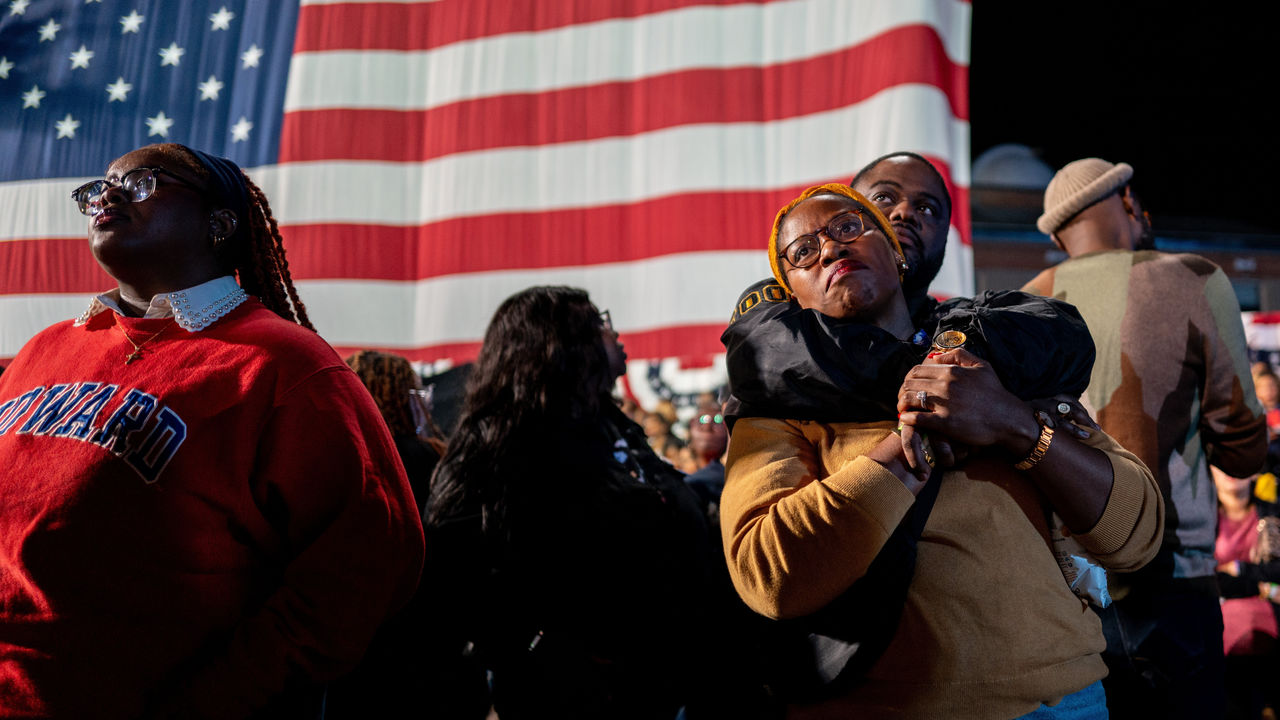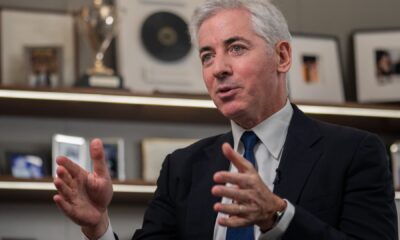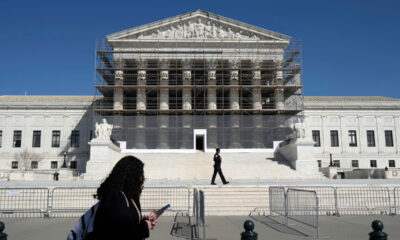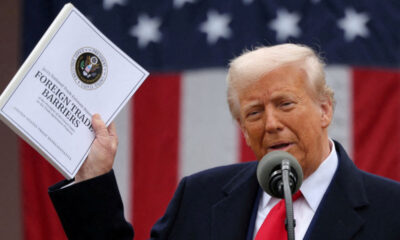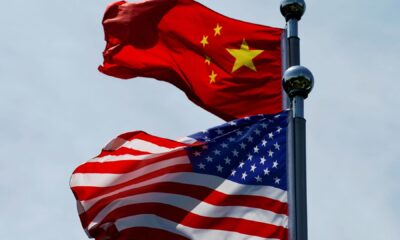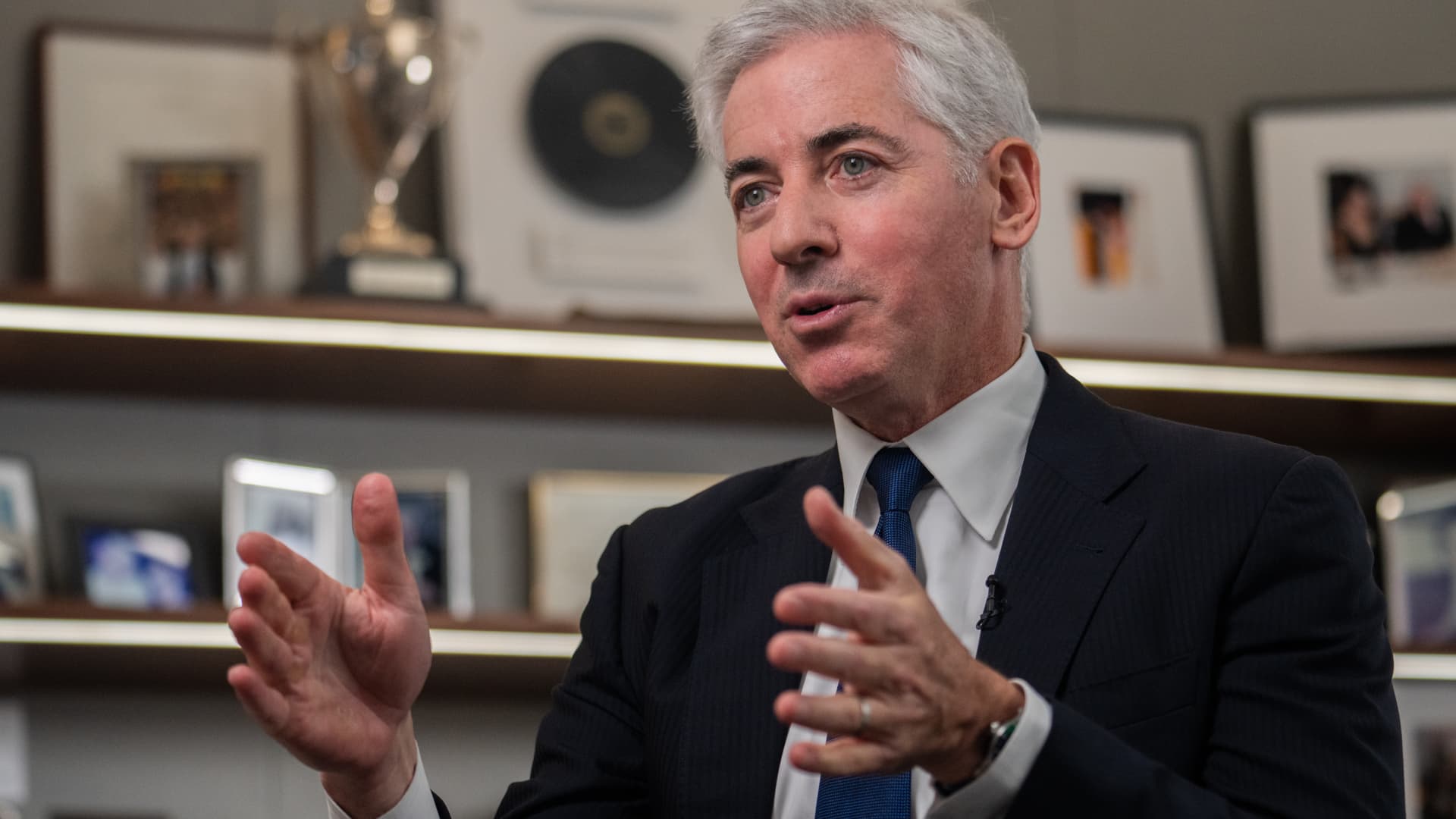Editor’s note (November 6th, 2024): This story was updated after Mr Trump won Georgia.
DONALD TRUMP won the swing states of North Carolina and Georgia as he took a clear advantage in his race for the White House against Kamala Harris. The vice-president’s path to victory narrowed sharply as counts showed her underperforming Joe Biden’s showing of four years ago and giving, as of 12.30am Eastern time, Mr Trump a strong lead in the electoral college.
There were already warning signs for the Harris campaign as the first results poured in. Several hours after their polls closed, four of the other seven swing states seen as vital to the two candidates’ chances for winning the electoral college—Arizona, Michigan, Pennsylvania and Wisconsin—were too close to call. Nevada was yet to release early numbers.
The road to an electoral-college victory for Ms Harris has tightened considerably. It would require her to sweep the “blue wall” states of Michigan, Pennsylvania and Wisconsin, where the vote count was proceeding more slowly. That now seems increasingly unlikely.
Outside the key battlegrounds, the early picture was no more encouraging for the Harris campaign. Ms Harris eked out a narrow victory in Virginia, which Mr Biden won comfortably in 2020. There, similarly to other suburban jurisdictions in Virginia, Ms Harris’s share of a near-complete vote trailed Mr Biden’s performance four years ago by more than six percentage points. That is a concerning trend if it extends to Pennsylvania and Michigan, where suburban voters are crucial to Ms Harris’s prospects.
In Florida, a former battleground that Mr Biden lost by just over three percentage points last time, Ms Harris was doing even worse, underperforming Mr Biden’s margin by ten percentage points with almost all of the state vote counted. Across all early reporting states, Ms Harris’s performance in counties posting near-complete votes to Mr Biden’s numbers in 2020 showed the vice-president underperforming.
Ms Harris and her allies will have to hope that the picture unfolds differently in Pennsylvania, the most important of the three blue-wall states, which always looked like a crucial state for both her and Mr Trump. Here there were at least a few encouraging signs. With just over a third of the expected vote posted in Montgomery County, a populous suburb of Philadelphia that leans Democratic, Ms Harris led with 68% of the vote, more than five percentage points better than Mr Biden’s performance four years ago. That is the sort of result she will probably need in all of Philadelphia’s blue-tinted-collar counties if she is to hold off Mr Trump’s strength in less populated rural areas.
Michigan’s vote was too incomplete to judge even several hours after its polls closed, and in Wisconsin, which Mr Biden won by just 20,000 votes four years ago, Mr Trump led narrowly with 61% of the vote counted. A similar early picture prevailed in Arizona, a state where pre-election polls had shown Mr Trump held his most significant advantage.
Because the trio of Pennsylvania, Michigan and Wisconsin remained in play at 11pm EST—and no other state pegged for Ms Harris had fallen to Mr Trump—the election remained in the balance. What seemed clear is that if Ms Harris were to defy the early run of results and squeeze out a victory, it would emerge from the key Rust Belt states and would probably be as close as the razor-thin margins Mr Biden won there in 2020.■
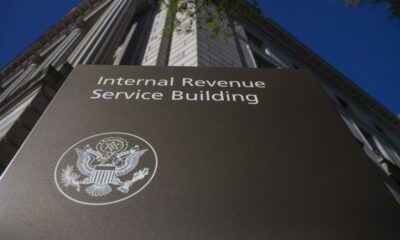
 Accounting1 week ago
Accounting1 week ago
 Blog Post1 week ago
Blog Post1 week ago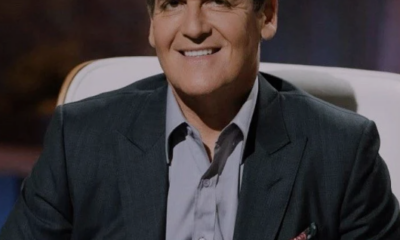
 Leaders1 week ago
Leaders1 week ago
 Personal Finance1 week ago
Personal Finance1 week ago
 Technology1 week ago
Technology1 week ago
 Economics1 week ago
Economics1 week ago
 Economics1 week ago
Economics1 week ago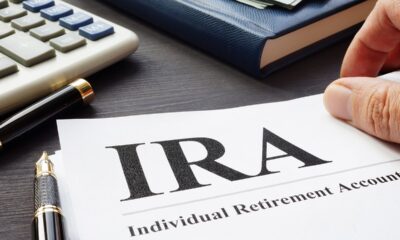
 Finance1 week ago
Finance1 week ago
